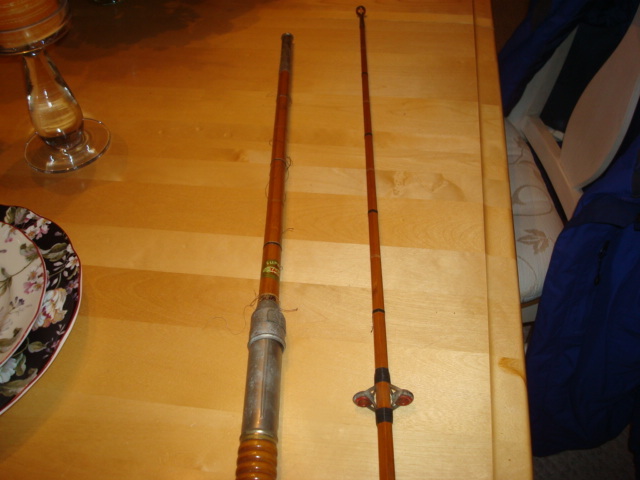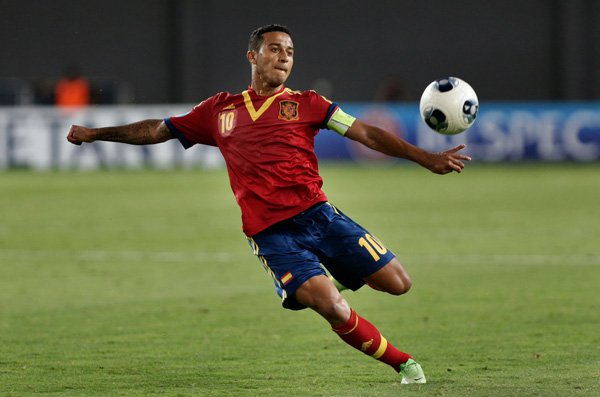force out
Question
let's say there are bases loaded one out. fly ball hit to left field. player catches it for 2 outs. runner on third tags up and crosses home plate. runner originally on first runs not realizing ball is caught and try's to get back to first base. player throws it to first and he's out. does run score or is it like considered a force out at first.
When there is catchers interference, do all runners have to go back to their original bases unless they are forced to advance?
Thanks
Answer
Hello Heather,
Let's take a look at the first issue, the third out and scoring run. First and foremost we have to understand the concept of a "force out". A runner is forced to advance from a base by the action of the batter becoming a runner. In your example, once the fly ball was caught, the runners returning to the previous base to tag up are no longer being forced to advance (there is no more batter-runner), in this instance, the out at first base is not a "force out", which means that the run scored is not automatically nullified.
In your situation if, in the umpire's judgement, the runner scored prior to the third out being made, then the run would score. (Rule 2.00-Force Out & Rule 4.09 (a) for reference)
As for catchers interference it's tricky. We are going to assume there is no play with the interference (the ball was not hit). The batter is awarded first base and any runner forced to advance, advances one base. If this is Major Baseball and below, then runners who are not forced to advance return to their last base legally acquired. In Junior Baseball and above, if the runner is attempting to steal during the pitch (in the umpire's judgement) then the runner would be awarded the base they were trying to acquire. Confused yet? Let me give you an example:
Junior Baseball: Runner on second base, one out. Runner on second base. We have catchers interference. If the runner from second base was not trying to advance during the pitch, then he returns to second base. If he was in the process of trying to steal third base, we would award him third base.
Since Major Baseball players are not allowed to leave until the ball reaches the batter, we would not have that situation in that division.
If the batter hits the ball and the ball is in play, the manager may decide to take the penalty of the catchers interference or the result of the play (unless all runners and the batter advances one base safely).
I hope this has helped. If you have any other questions, please don't hesitate to ask!
-Martin Hoover
coming home
Velocity and control balance


